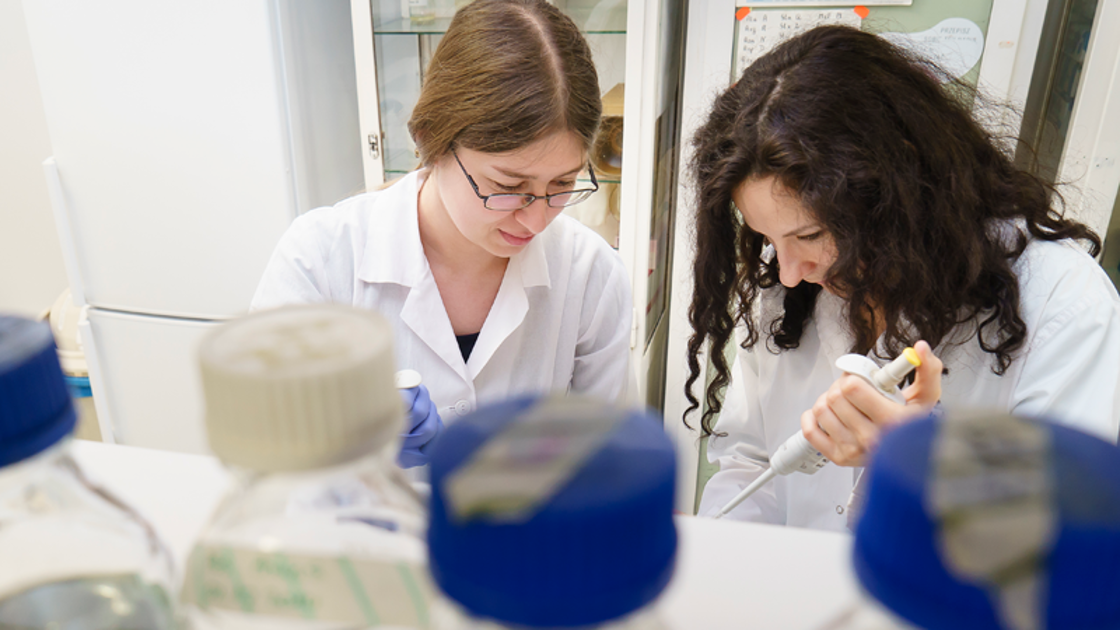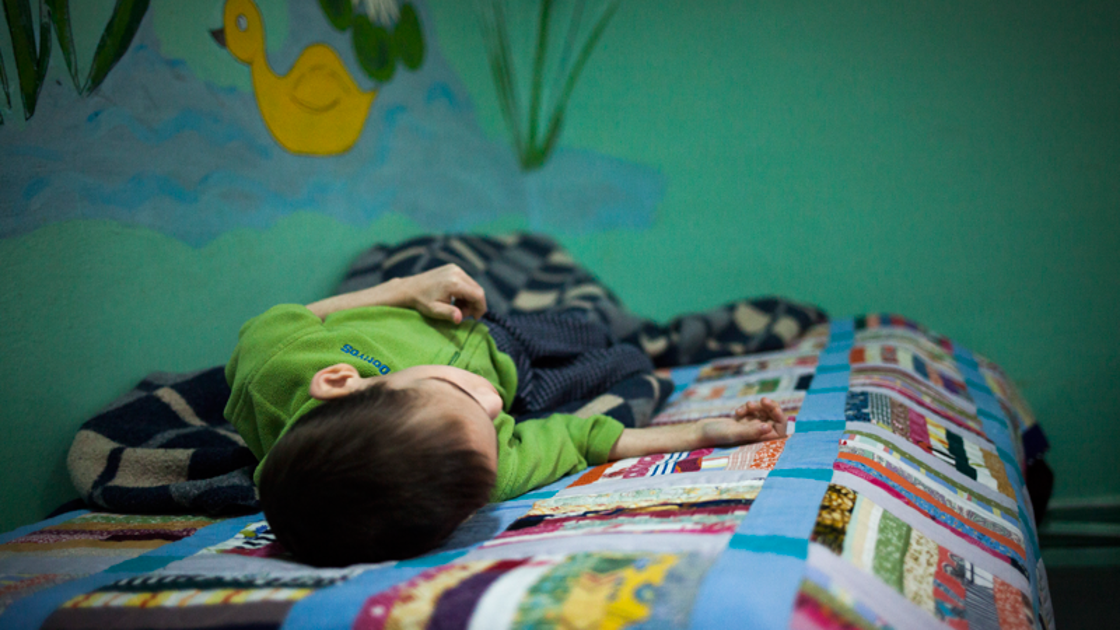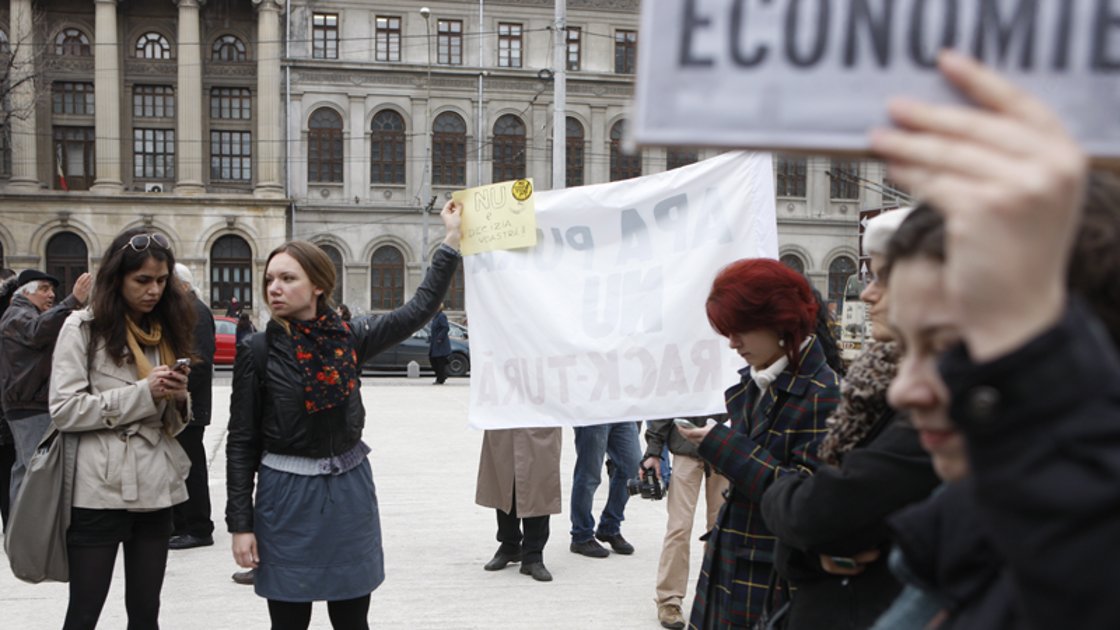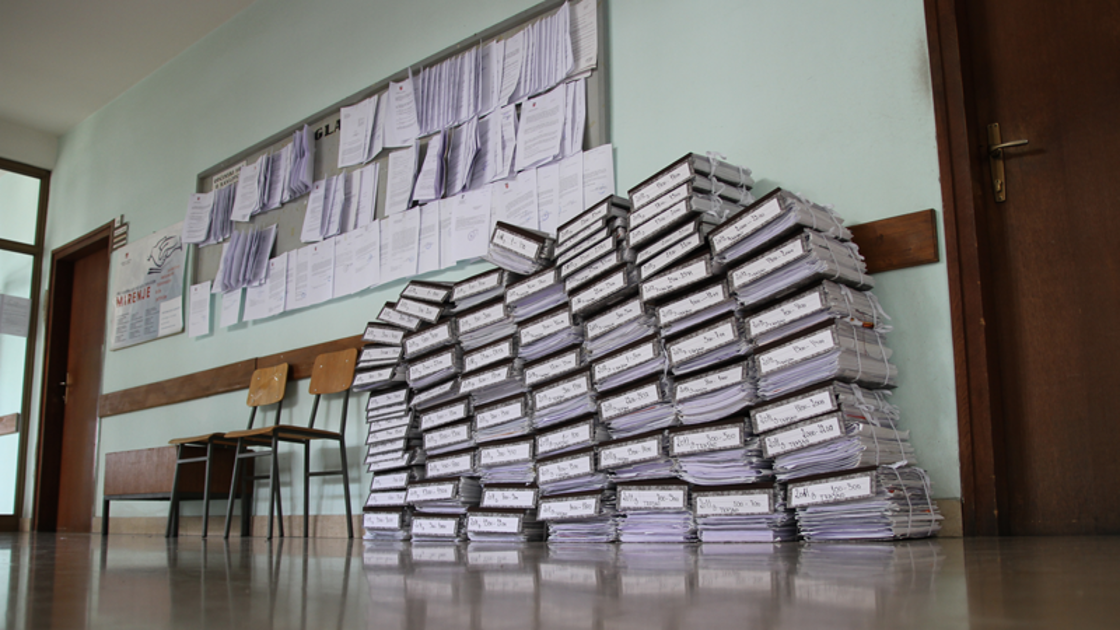EEA and Norway Grants 2014-2021: Priority sectors and programme areas
Article | Last updated: 26/09/2016 | Ministry of Foreign Affairs
The EEA and Norway Grants are allocated to sectors that are crucial for development in the beneficiary country, and where there is potential for and interest in cooperation with Norway. The five areas identified for funding both supplement and complement the areas supported through the EU Cohesion fund.
All programme areas have been compiled in a stand-alone brochure (The Blue Book). You can also view separate programme areas by following the links under each sector below.

Innovation, Research, Education and Competitiveness
The programme areas contribute to growth by supporting the development of the knowledge economy. Sustainable growth is promoted through funding to strengthen the link between education/training systems and the labour market. The development of a socially inclusive labour market will be supported through combating youth unemployment, facilitating the participation of women and promoting social dialogue. The added value of the funding under this priority sector lies in the opportunities it offers for strategic piloting and testing of innovative approaches and for international cooperation and the exchange of knowledge and experiences.
Programme areas
1. Business Development, Innovation and SMEs
2. Research
3. Education, Scholarships, Apprenticeships and Youth Entrepreneurship
4. Work-life Balance
5. Social Dialogue – Decent Work (Norway Grants only)

Social Inclusion, Youth Employment and Poverty Reduction
Sustainable inclusive growth and future prosperity rely on finding a balance between economic progress and social advancement. The programme areas promote well-functioning societies by supporting social inclusion and empowerment of vulnerable groups, equal access to education, employment and health care, and capable and responsible institutions. The added value of this priority sector is its contribution to breaking the cycle of disadvantage by supporting early interventions, by investing in prevention and boosting systemic change, and by encouraging pilot projects in the area of social innovation.
Programme areas
6. European Public Health Challenges
7. Roma Inclusion and Empowerment
8. Children and Youth at Risk
9. Youth Participation in the Labour Market
10. Local Development and Poverty Reduction

Environment, Energy, Climate Change and Low Carbon Economy
Resource-efficient and sustainable use of our natural capital, reduced vulnerability to climate change and a push towards a less carbon intensive and more energy secure economy are key factors for economic and social cohesion in Europe. The programme areas aim to ensure good environmental status of our ecosystems, timely adaptation and mitigation to climate change and increased use of renewable energy.
Programme areas
11. Environment and Ecosystems
12. Renewable Energy, Energy Efficiency, Energy Security
13. Climate Change Mitigation and Adaptation

Culture, Civil Society, Good Governance, and Fundamental Rights and Freedoms
As partners and citizens of Europe we have a common moral obligation to safeguard individual dignity. The programme areas contribute to upholding fundamental rights and democratic freedoms. This is achieved through strengthening active citizenship, empowering vulnerable groups and enhancing the role of civil society. The aim is reinforced by support for activities aimed at cultural dialogue and awareness of diversity.
Programme areas
14. Cultural Entrepreneurship, Cultural Heritage and Cultural Cooperation
15. Civil Society
16. Good Governance, Accountable Institutions, Transparency
17. Human Rights – National Implementation

Justice and Home Affairs
The programme areas contribute at strengthening European citizens’ confidence in their governments’ ability to ensure civil rights, equal treatment and protection. Lack of public trust in the judiciary is widespread mainly due to corruption, excessive length of proceedings and chronic non-enforcement of judicial decisions. Furthermore, the influx of irregular migrants remains a challenge for Europe. Domestic and gender-based violence remain endemic throughout Europe to huge economic and social cost. Man-made and natural disasters are increasing both in frequency and intensity, and investments in disaster risk reduction can reduce or prevent loss of life and property, and reap vast economic benefits.
Programme areas
18. Asylum and Migration
19. Correctional Services and Pre-trial Detention
20. International Police Cooperation and Combating Crime
21. Effectiveness and Efficiency of the Judicial System, Strengthening Rule of Law
22. Domestic and Gender-based Violence
23. Disaster Prevention and Preparedness